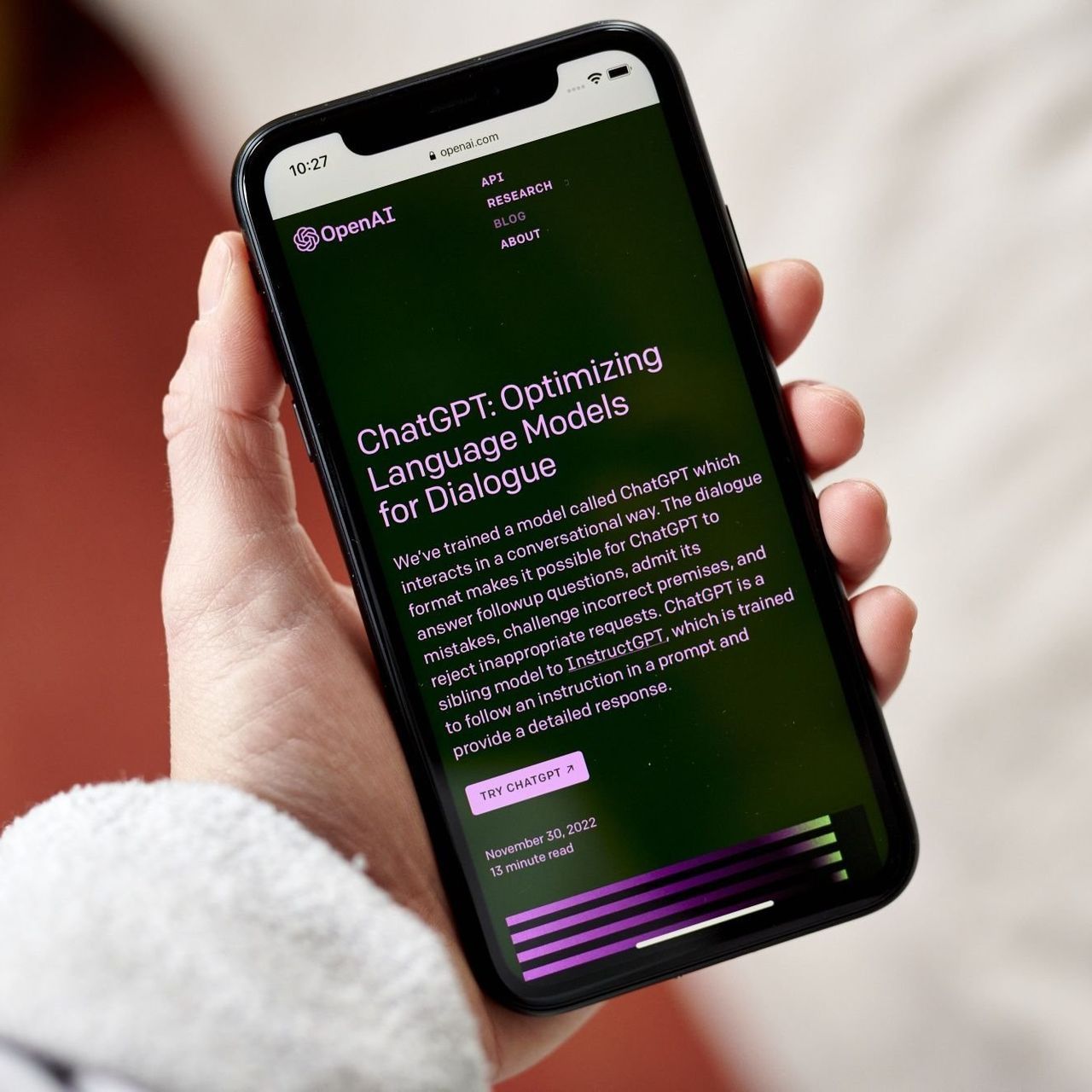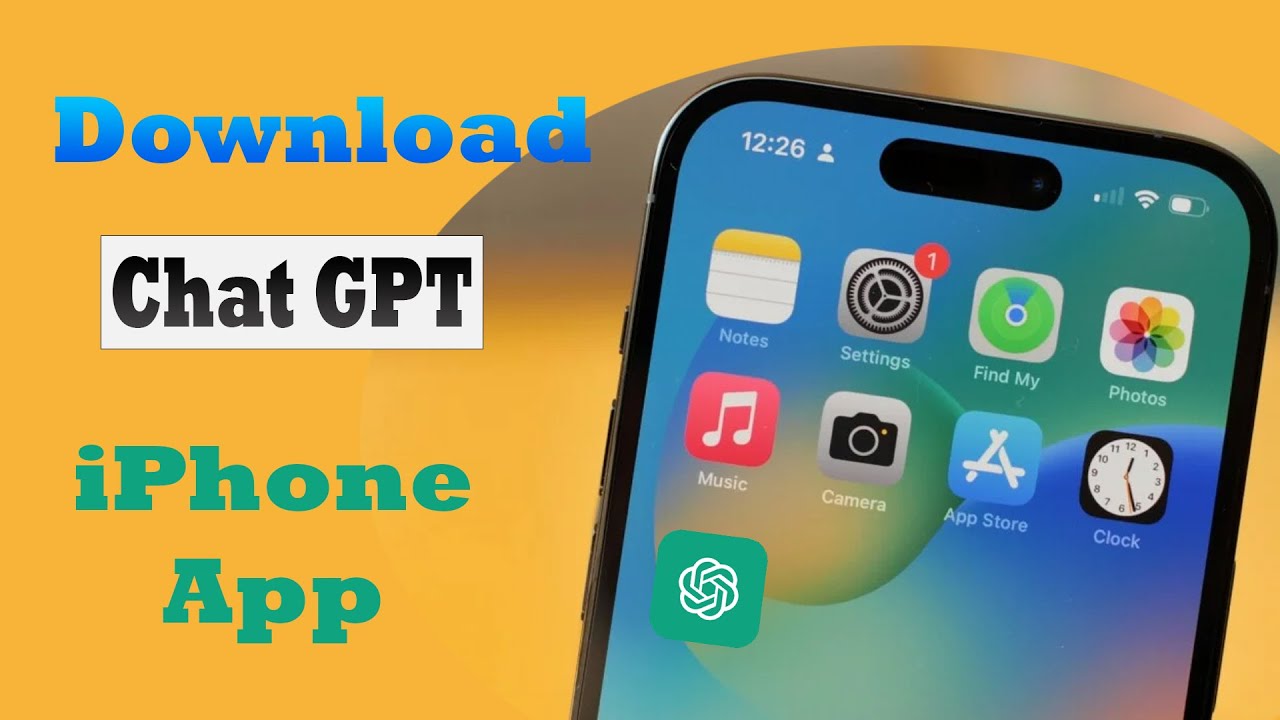OpenAI’s AI chatbot, ChatGPT, celebrates its one-year anniversary today. What started as a “low-key research preview” has quickly become OpenAI’s most popular and fastest-growing consumer app. ChatGPT has not only captured the attention of millions of users but has also influenced the AI landscape, prompting competitors to develop their own chatbot offerings.
Key Takeaway
ChatGPT, OpenAI’s AI chatbot, celebrates its one-year anniversary as the company’s most popular and fastest-growing consumer app. Its realistic conversations and broad range of capabilities have made it a breakthrough in user experience. Despite its limitations, ChatGPT continues to attract millions of users and influences the development of AI chatbots across the industry.
ChatGPT’s Journey
Since its launch, ChatGPT has evolved and expanded its capabilities. Originally based on OpenAI’s GPT-3.5 model, ChatGPT was initially a free-to-use web-based chat interface. However, OpenAI recognized its potential and introduced paid tiers with additional features, including plans for enterprise customers.
OpenAI made significant upgrades to ChatGPT, enhancing its abilities to perform web searches, analyze documents, create images, and even understand and take actions based on speech, text, and images. This transformed ChatGPT from a standalone product into a development platform, inspiring other AI firms and research labs to focus on creating their own chatbots.
The Impact of ChatGPT
According to Stella Biderman, an AI researcher, ChatGPT may not be considered an AI breakthrough from a technical standpoint. However, it has undeniably made a significant impact on user experience, bringing generative AI into the mainstream. People no longer need specialized skills to interact with text-generating models. ChatGPT’s popularity has sparked widespread attention and discussion about this technology.
Impressive Statistics
ChatGPT continues to attract a large number of users. In October alone, the ChatGPT web portal received 140.7 million unique visitors, and the ChatGPT iOS and Android apps boasted 4.9 million monthly active users in the U.S. These apps have generated nearly $30 million in subscription revenue since their launch, despite being relatively new.
The Appeal of ChatGPT
ChatGPT’s success can be attributed to its ability to simulate realistic conversations. According to Ruoxi Shang, a Ph.D. student studying human-AI interaction, the conversational agents powered by ChatGPT have significantly improved human-computer interaction. Compared to previous chatbots, ChatGPT evokes a different emotional response and offers a more engaging experience.
Unleashing Creativity and Efficiency
ChatGPT’s skills go beyond conversation. Users have found it invaluable for tasks such as code completion, music composition, writing essays, answering test questions, generating business ideas, poetry and song lyrics, translation and summarization, and even emulating a computer running Linux. An MIT study showed that using ChatGPT reduced the time needed for certain tasks by 40% while increasing output quality by 18%.
Limitations and Future Developments
Despite its accomplishments, ChatGPT is not without its limitations. It can sometimes provide answers that are factually incorrect and exhibit biases present in the training data. Challenges related to accurate citations and potential copyright issues have also arisen. However, OpenAI continues to work on improving ChatGPT’s shortcomings.
Looking ahead, OpenAI’s introduction of GPTs, which enable users to build custom conversational AI systems, will likely shape the future of ChatGPT. GPTs empower users to train models for specific purposes, opening up possibilities for personalization and a broader ecosystem of AI-powered chatbots.

























